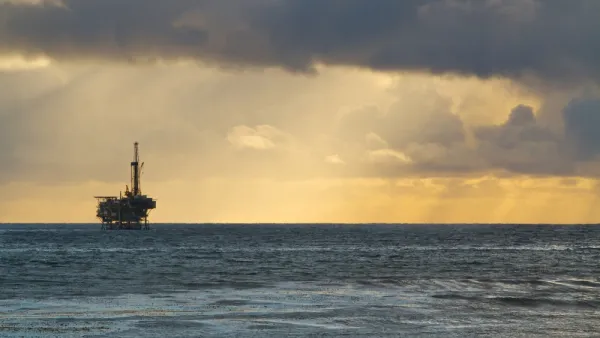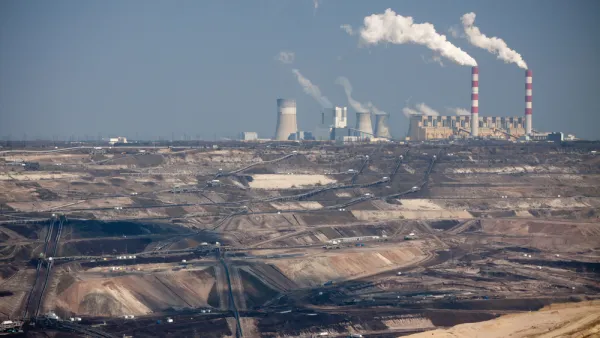While a judge must approve the historic $18.7 billion settlement reached July 2, the United States and the five Gulf States of Alabama, Florida, Louisiana, Mississippi, and Texas have agreed to the settlement, along with BP.
"The federal government and Gulf Coast states announced a record-setting $18.7 billion settlement with BP on Thursday that resolves years of litigation over the 2010 Gulf of Mexico oil spill and delivers the largest environmental settlement ever," writes Rick Jervis of USA TODAY. "BP was leasing the Deepwater Horizon rig in April 2010 when it exploded and sank off the coast of Louisiana, killing 11 crewmen and releasing some 200 million gallons of crude into the Gulf."
The BP spill is considered to be the worst environmental disaster in U.S. history. Before April 20, 2010, the March 24, 1989 oil spill from the grounded Exxon Valdez in Alaska was thought to be the most devastating. The ship spilled 11 to 38 million US gallons, according to Wikipedia.
The New York Times breaks down the settlement sums:
- $5.5 billion paid to the federal government "a civil penalty of $5.5 billion under the Clean Water Act over a 15-year time frame."
- $7.1 billion paid to the gulf "under the Natural Resource Damage Assessment which is meant to compensate for direct environmental harm caused by the spill."
- $5 billion of the settlement "would arise from economic damage claims made by the states. But those claims are only a part of what the states would be getting."
- $1 billion for local government claims
The settlement is in addition to $4 billion in criminal fines BP had agreed to in 2012, approved by a federal judge in January 2013.
The timing of the settlement was crucial as the civil penalty could have been far greater had BP waited, explains Tony Dokoupil of msnbc.
The announcement came unexpectedly, just three days after the Supreme Court declined to hear BP’s appeal in an earlier case. That decision set BP up for as much as a $13.7 billion fine under the Clean Water Act alone.
"The settlement still must be approved by United States District Court Judge Carl J. Barbier in New Orleans, who oversaw a tremendously complex two-year civil trial concerning the spill, according to The Times.
FULL STORY: Gulf states reach $18.7 billion settlement with BP over 2010 oil spill

National Parks Layoffs Will Cause Communities to Lose Billions
Thousands of essential park workers were laid off this week, just before the busy spring break season.

Retro-silient?: America’s First “Eco-burb,” The Woodlands Turns 50
A master-planned community north of Houston offers lessons on green infrastructure and resilient design, but falls short of its founder’s lofty affordability and walkability goals.

Delivering for America Plan Will Downgrade Mail Service in at Least 49.5 Percent of Zip Codes
Republican and Democrat lawmakers criticize the plan for its disproportionate negative impact on rural communities.

Test News Post 1
This is a summary

Test News Headline 46
Test for the image on the front page.

Balancing Bombs and Butterflies: How the National Guard Protects a Rare Species
The National Guard at Fort Indiantown Gap uses GIS technology and land management strategies to balance military training with conservation efforts, ensuring the survival of the rare eastern regal fritillary butterfly.
Urban Design for Planners 1: Software Tools
This six-course series explores essential urban design concepts using open source software and equips planners with the tools they need to participate fully in the urban design process.
Planning for Universal Design
Learn the tools for implementing Universal Design in planning regulations.
EMC Planning Group, Inc.
Planetizen
Planetizen
Mpact (formerly Rail~Volution)
Great Falls Development Authority, Inc.
HUDs Office of Policy Development and Research
NYU Wagner Graduate School of Public Service




























